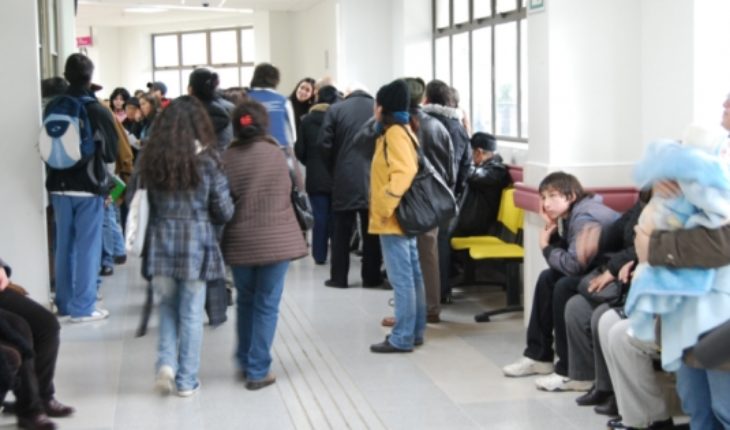in a landmark ruling, the Supreme Court has determin ado that the State should finance medical treatment of a child by an amount of 500 million pesos per year, because of a disease not covered in our health system. Thus, determined that the constitutional right to life implies to require the State pay the treatment, no matter what would be the cost or if there are funds available for such treatment.
In this way, the Judicial power solves a social problem not addressed by the Executive Branch and the legislative branch, since the law seeking to attend the rare diseases was not the sufficiently satisfactory. The ruling is also responsible for one of the most painful in our country, the unequal access to services of prime necessity, since wealthy people can meet in private clinics while low-income people risk their lives by not having funds to properly treat its diseases.
However, the Supreme Court ruling will have serious consequences. The judges of the Supreme Court not only have solved a specific case, but have determined a jurisprudence that opens the door to an endless number of judicial harassment and, therefore, runs the current barrier in public health policy. If constitutional rights are enforceable rights, then, in future, may faults which oblige the Executive which are funded cycle routes in all Chile, in order to take care of the cyclists, who are risking their physical integrity in the street jungle have? Or, would imply then that the judiciary may oblige the Executive to finance treatment doctor of any disease at a private clinic, given that public hospitals do not attend is satisfactory? Then, perhaps is the State to finance any medical treatment on the premises of private health best closing public hospitals, and force?
Questions how these make clear that the pronouncement of the Supreme Court has the best intentions, but that it has not measured its implications. It is based on the misconception that constitutional rights are enforceable rights, instead of “weighting mandates the legislator”, stated Carlos Peña.
In this sense, the right to health is a mandate of optimization. If it were an absolute guarantee, without restrictions, the State would have to mandatorily cover any medical treatment that ensures the physical or mental health, as well as the extension of life of any person. The only way to finance this broad and unlimited right would be that the State starts to control the citizens not to smoke in their homes, not eating anything other than healthy, to make mandatory sport, etc.. Finally, the need to rein in spending in a system of absolute guarantees, could lead to the State to become a dictator.
Also it is clear that in a representative democracy, the debate on the financing of a specific disease, and question if this is more important than funding from other diseases, should be in Government and in the Parliament, instead of being a ruling by the Supreme Court. The same applies to the question whether the financing of a specific disease is more important than protecting the lives of thousands of cyclists in Chile, for example.
It is clear that the Supreme Court does not have the technical capacity to decide on these matters, so the question is opened if the judiciary is covering subjects that go beyond its sphere of competence, without measuring the effects of their actions.
That said, another important question is how to correct the situation, – starting with the current inability of power Executive and legislative properly resolve relevant problems which affect the well-being of the citizenry. Facing the same decision of the Supreme Court, unfortunately, there much correction, since this cannot be checked or changed. What does allow is to put focus on the necessary modernisation which requires not only the Government but also the other powers of the State. How merit is the career of judges, what are the limits of a power of the State versus another, as well as what should be the accountability of the judiciary, are questions that should be addressed more urgently in the future.
Poured in this op-ed content is the sole responsibility of the author and do not necessarily reflect the editorial line nor the counter position.





